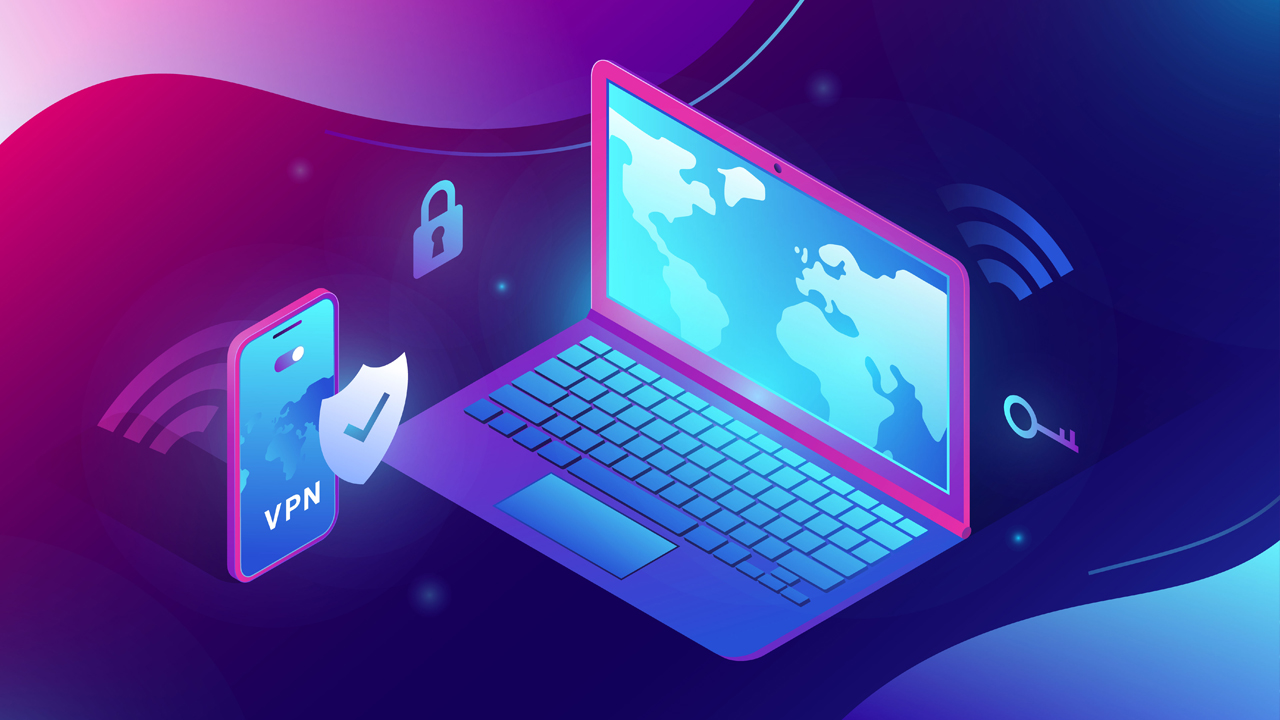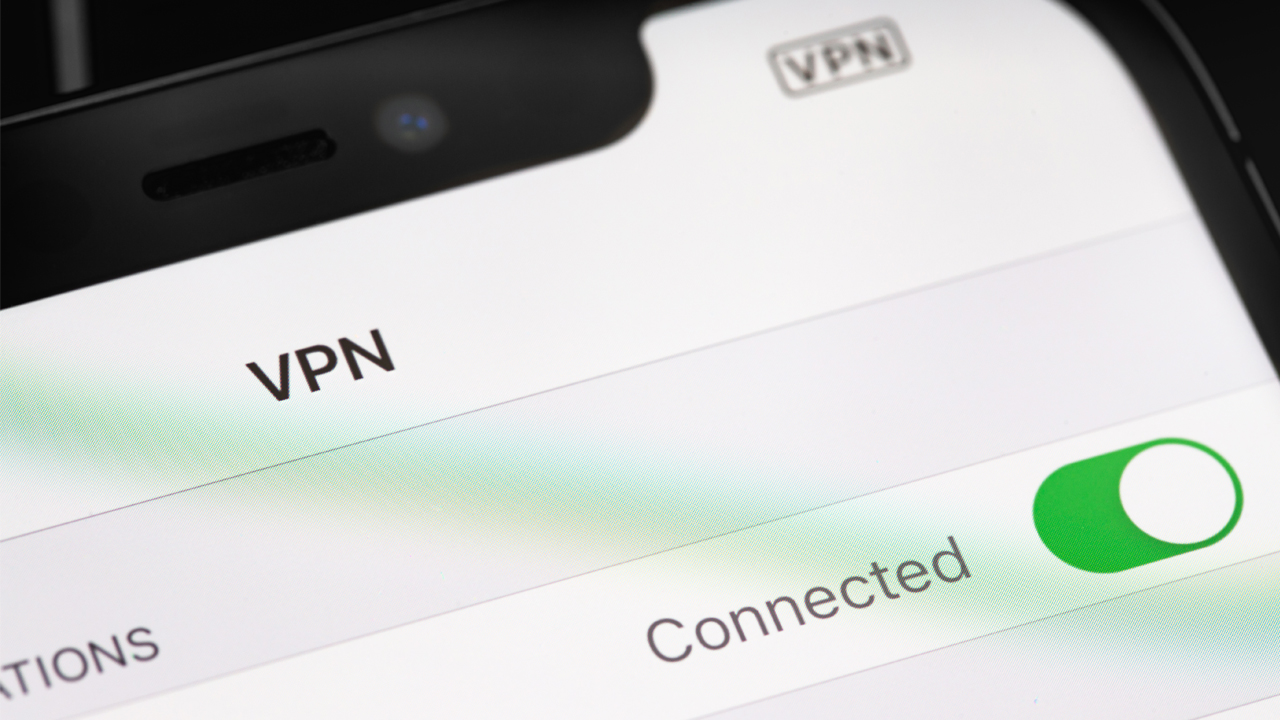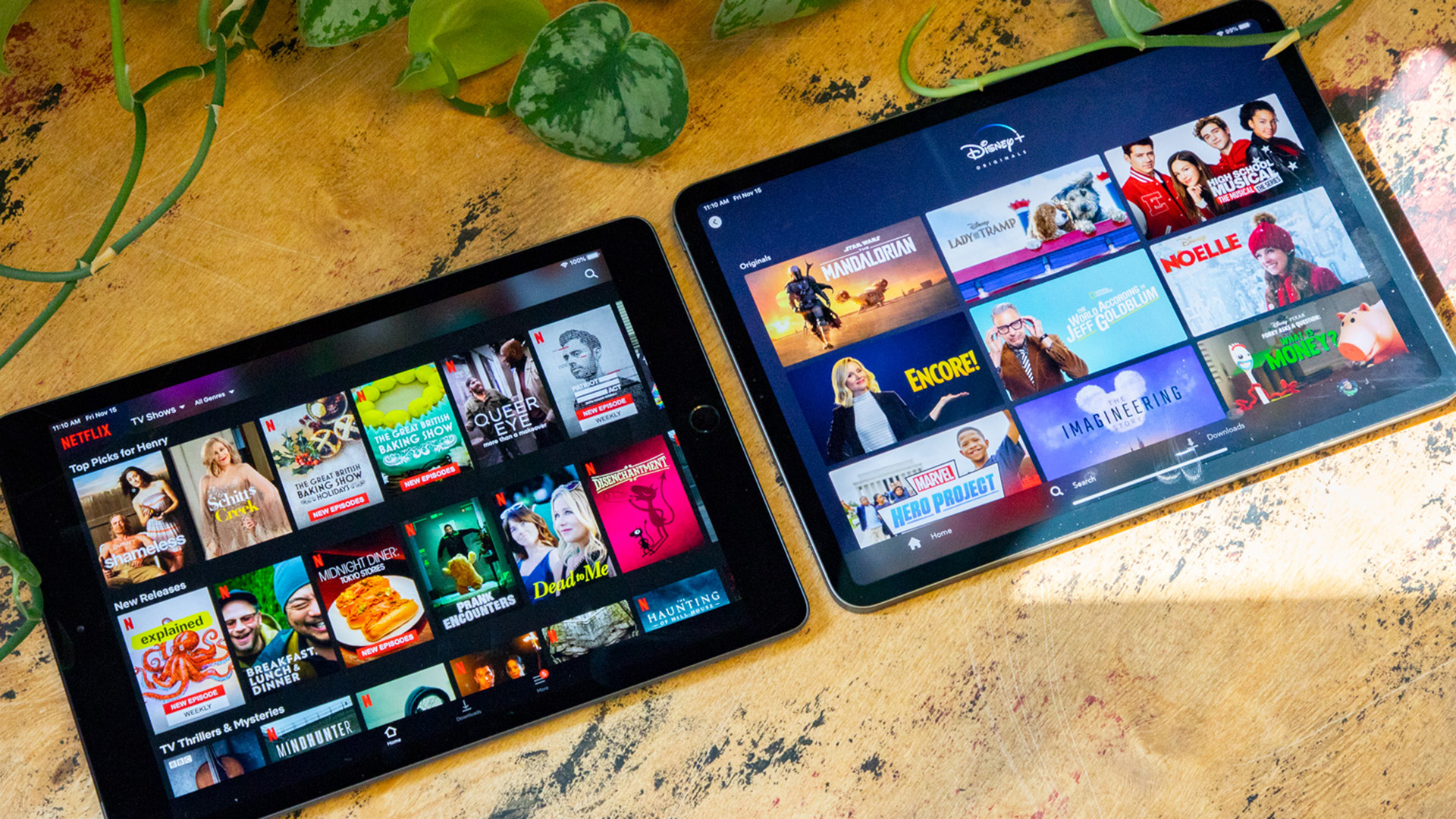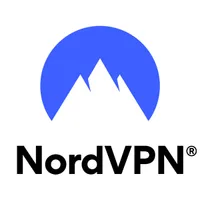What makes a good VPN?

VPNs have absolutely blown up in popularity recently. Where there are a lot of people looking to protect their data online, access geo-restricted content or anonymize themselves when surfing the web, there are equally a lot of companies aiming to supply that demand.
However, not all of these companies are created equally. Some of the best VPNs have been going for years, building up a concrete base of users, advanced security protocols and an array of clever features, whereas other VPNs that have poor performance at best and are actively trying to steal your data at worst, will offer flashy promises in order to gain downloads from users that don't know better.
As a result of this, it can be difficult to tell which ones are helpful and which ones are harmful. So, what should you look for when investing in a new VPN? Well, there are a few key features every good VPN should have. Let’s go through them.
NordVPN: the best VPN based on our testing
In our in-depth testing, NordVPN came out on top thanks to its combination of privacy, price, and ease of use. On top of this, it has excellent speeds, and unblocked every streaming site we tested it with, and, at $3.09 per month for a 2-year plan, it's good value. It also comes with a 30-day money-back guarantee, so you can test it out before you commit.
What makes a good VPN?
While not every good VPN will have the same list of features, most of them will follow a format of sorts.
You’ll want something that is fast, secure and, unsurprisingly, good at keeping your information private. On top of that, good unblocking features are the mark of a good VPN.
These are the features you should prioritise:
Strong encryption
When it comes to choosing a VPN, one of the most important things to look for is a strong VPN encryption protocol. This has a variety of benefits, but most importantly it will ensure that your data is kept safe while you use the VPN.
Get instant access to breaking news, the hottest reviews, great deals and helpful tips.
There are lots of different types of encryption systems out there, but the most secure VPNs have developed encryption plans with multiple layers of protection.
Some systems are built with security at the forefront, like those that use AES-256 encryption. This is a highly secure encryption system used by the likes of NordVPN (which just so happens to be our top pick for the most secure VPN right now).
Other VPNS might use a system like ChaCha20 encryption which focuses on speed and efficiency, so if these features are your top priority over security, then going for a VPN that offers this encryption protocol will be the best move. In some cases, both VPN protocols are offered and you can pick which one your VPN uses.
The most important thing is to find a VPN that uses a strong encryption to ensure you are safe online. These days, most VPNs utilize highly effective encryptions that will keep you safe. However, this is not always the case so a bit of research will go a long way.

Fast speeds
Another important feature of a VPN is speed, as encrypting your connection doesn't mean much if you can't actually load any content. The fastest VPNs are especially useful if you’re looking to do something that requires high bandwidth, like gaming or streaming.
Currently, our picks for the fastest VPNs are Surfshark, NordVPN and ProtonVPN, which all maxed out our speed tests with results of over 950 Mbps. With these, and other speedy VPNs, you shouldn’t face any loading issues while trying to stream, game or generally use the internet while on a VPN.
While many of the VPNs that we’ve tested have top speeds of over 950Mbps, speeds of just 25Mbps are needed to load up 4K videos, so you don't necessarily need the absolute fastest speeds in order to stream content. So, most reputable VPN providers will have more than adequate speeds that won't slow you down.
Good unblocking abilities
A good VPN will be able to work itself around geo-blocks. This is a feature that you’ll find on any of the best streaming VPNs, allowing you to access the content libraries of numerous different countries. However, you don’t have to be trying to stream from other countries for this to be useful.
A VPN with strong geo-spoofing abilities is beneficial in other ways. For example, it can make your device appear like it is in another country which is helpful for anonymity and for checking prices on geo-locked websites.
So, looking for a VPN with a decent server spread both in terms of amount of servers and server locations is beneficial as it means your chosen VPN will likely have a server in whatever country you want to spoof your location to.
Plus, you'll need to look for a VPN that can actually unblock the content you want to watch, meaning it remains undetectable by streaming sites. Due to licensing issues, many streaming sites will attempt to block VPN use, or restrict the amount of content you can view if a VPN is detected.
So, you want a VPN that can obscure itself, allowing you to access the streaming platform of your choice.

A verified no-logs policy
A verified no-logs policy is a great feature to find in a VPN. Essentially, this means that the VPN won’t track, store or share your data, ensuring that you remain completely anonymous when using a VPN.
Some VPNs don’t have a verified no-logs policy, despite promising that they do not store or share your data. While you’ll be kept anonymous as you use the VPN, this means that you don't know for certain that your data isn't being stored somewhere else or even being passed on to other companies.
If a VPN you're considering doesn't have a no-logs policy at all, then it's not recommended that you use it, as they could be storing and sharing your data in these ways.
No-log policies are verified via independent audits. This means an outside company will evaluate a VPN’s architecture and sometimes its privacy policy to make sure it lives up to the provider’s claims.
If the VPN passes, then this is great news as it means all its claims are legit, and you can use it without being concerned that your data is secretly being logged.
A functioning kill switch
If you don't know what one is, a kill switch might sound pretty dramatic, but it is actually a crucial feature in VPNs. Essentially, this is a tool that automatically disconnects your device from the internet when your VPN is disconnected.
This ensures that your privacy remains intact, even if your VPN connection drops, stopping you from being online with an unencrypted connection. This way, you’ll remain anonymous online at all times without concern about your information slipping through.
Typically, this will only happen if you lose your internet connection or the VPN disconnects without you knowing. In other words, if you turn the VPN off yourself, no kill switch will activate, allowing you to still use the internet without a VPN in use if needed.
All of the most private VPNs come with functioning kill switches and while it isn’t necessarily a must-have feature, it makes a big difference if you’re worried about privacy and staying anonymous whenever you're connected to the internet.
How can you tell if a VPN is good?
Most VPNs providers will list some of their features on their website. In this way, you can vet out some of the ones that don’t match your criteria or are missing some of the key features mentioned above.
However, this can be harder to tell with some features. For example, there is no quick way to vet a VPN for its speed or its ability to unblock streaming sites without just straight up using it.
It might not be too much of a surprise, then, that the best way to see if a VPN is right for you is to use its free trial or money-back guarantee. Most VPNs will provide at least one of these options, with money-back guarantees being the most common but some of the best VPN free trials include completely free testing options for their VPN services. It's like ordering clothes online – if it doesn't suit you, you can get your money back.
The downside of testing out VPNs like this firstly is the upfront cost if you want to try out multiple different VPNs all at the same time and use their money-back guarantees, and secondly the amount of time it will take to try them. This is especially true if you're planning on using the VPNs for multiple days or weeks to get a proper feel for how they work.
Alternatively, you can look at our extensive VPN testing to see what results we’ve found. We have tested dozens of VPNs, analysing their abilities across speeds, pricing, security, streaming and more, to find the best VPNs in categories from privacy to streaming to travel.

Alex is the AI editor at TomsGuide. Dialed into all things artificial intelligence in the world right now, he knows the best chatbots, the weirdest AI image generators, and the ins and outs of one of tech’s biggest topics.
Before joining the Tom’s Guide team, Alex worked for the brands TechRadar and BBC Science Focus.
He was highly commended in the Specialist Writer category at the BSME's 2023 and was part of a team to win best podcast at the BSME's 2025.
In his time as a journalist, he has covered the latest in AI and robotics, broadband deals, the potential for alien life, the science of being slapped, and just about everything in between.
When he’s not trying to wrap his head around the latest AI whitepaper, Alex pretends to be a capable runner, cook, and climber.
- Olivia PowellTech Software Commissioning Editor
You must confirm your public display name before commenting
Please logout and then login again, you will then be prompted to enter your display name.

